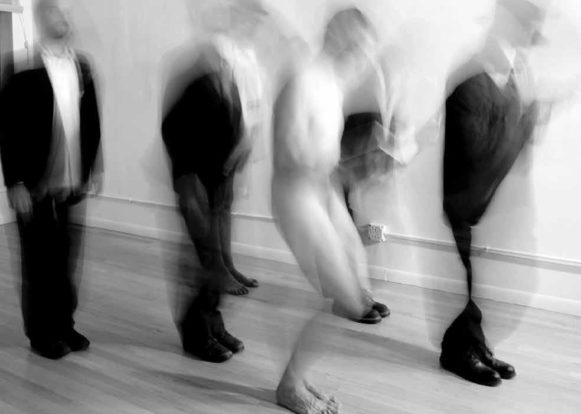Lilith Feature
Why Feminism is a Model for Jewish Men Now
What you are about to read are the musings of four men on remarkable journeys — journeys to give back power. It’s the old kind of male power they are handing back — the kind of power that came from being inside the walls of the maledominated synagogue, or, happily, outside the confining, distaff walls. They want to be free from Manhood in its old-fashioned form.
Their voices are powerful and compelling. Reading them, I wonder: Did the “free to be you and me” generation help mainly women, who were freed to live in a world of varied choices — to work or not work, to cook or not cook, to birth or not to birth — and, for Jewish women, to demand a female face on religious practice and faith? Did women’s lib, by some incredible, ironical, twist of fate, leave men confined? In their search for new ways to be men, these radical authors join others in the larger culture who are demanding change for men (and, gladly, not in reactionary ways). These authors, it turns out, are looking to Jewish tradition for models of a softer manhood; and they are looking to women, and to feminism, for models for their revolution.
I admit: In a certain slant of light I read these words with bitterness. Free, I say? You — lucky members of one of the world’s original patriarchies — want to be free? And you want help, you say, from Jewish women? Weren’t those centuries of help enough?
Still, these are questions of Passover’s wicked son, who sets himself apart from the effort at hand. And, when the light slants the other way, I know that they are the wrong questions. The future of men’s liberation is deeply entwined with women’s liberation, Jewish and not. If our empowerment — be it in the halls of Congress or the halls of yeshiva or the halls of our homes — has been incomplete, it is because their liberation has barely begun. It may be the ultimate feminist undertaking in the coming decades to help men free themselves — and to demand that they do so in ways that continue to free us as well.
Sarah Blustain is a senior editor at The New Republic.


